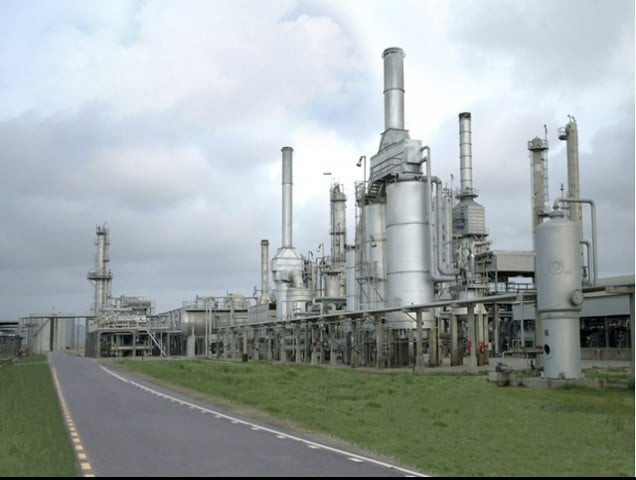Riyadh renews $10b refinery project
Political differences, financial viability stalled previous deals

Pakistan and the Kingdom of Saudi Arabia are inching towards signing a multi-billion-dollar deal for an oil refinery project that had stalled for the past several years. Teams from Pakistan and Saudi Arabia have been engaged in a series of meetings to finalise a commercial deal on the project before Prime Minister Shehbaz Sharif’s visit to Riyadh.
In January 2019, Saudi Arabia’s Energy Minister Khalid Al-Falih announced the project during a visit to Pakistan and said that the Arab nation was planning to set up a $10 billion oil refinery in Pakistan’s deep-water port of Gwadar. However, the plan was shelved due to financial viability issues. During the Saudi Crown Prince Mohammad bin Salman’s visit to Pakistan in February 2019, an investment package worth $20 billion was announced. As part of this package, $10 billion was to be allocated to setting up the mega oil refinery in Gwadar.
Later, however, due to differences with the Pakistan Tehreeki-Insaaf (PTI) government, a bailout package worth $3.2 billion was returned. Following this development, the country also decided to shelve the mega oil refinery project. Sources revealed that another reason for the deal falling through was the absence of a pipeline that could help transport oil from the refinery to different parts of the Pakistan, which would require an additional investment of around $2 billion. After the coalition government came into power, Sharif announced plans to expedite work on the energy projects Saudi Arabia had planned in Pakistan.
Following the Arab nation’s offer to provide incentives for new refinery projects, the Petroleum Division expedited work on the new refinery policy as well – another task that had been pending for a while. Officials said that former petroleum minister and current Chairman of the Energy Task Force, Shahid Khaqan Abbasi is leading the Pakistani team in its negotiations with the Arabian government. Saudi Arabia demanded 7.5% deemed duty on petrol and highspeed diesel for the next 25 years as one of the incentives.
At present, there is a 7.5% deemed duty on high-speed diesel. While, the Pakistani side did not agree with this demand, they did instead offer 10% deemed duty on petrol and high-speed diesel for the next ten years in order to set up the new oil refinery in Pakistan. Sources said that both sides were expected to finalise the incentives to be incorporated in the new refinery policy which would then be sent for approval to the Economic Coordination Committee (ECC) and the cabinet.
The second proposal on the table is the Pak Arab Refinery Limited (Parco); a joint venture between Pakistan and the United Arab Emirates (UAE) government working on setting up the new Khalifa Refinery Project – a refinery with the capacity of 400,000 barrels per day. With an investment of $6billion, the UAE government decided to set up the Khalifa Refinery in the coastal area of Balochistan. Following a tussle with the Pakistan People’s Party (PPP) over the appointment of a new managing director at Parco, the UAE government shelved the project. In 2016, however, the UAE government decided to renew the $6billion Khalifa Coastal Refinery project.
In this project, the UAE government, Parco and OMV are partners. OMV has 10% of total shareholdings. Under this plan, OMV and the UAE government may exit the project, leaving space for Saudi Arabia to join instead. In addition, Parco and Pakistan State Oil (PSO) may also become partners in the project. Accordingly, Saudi Arabia may join this project instead of to setting up a separate refinery in the oil city of Gwadar. While Parco is the largest oil refinery in Pakistan, with a capacity of 100,000 barrels per day, officials believe Pakistan needs a refinery with the capacity of 400,000 barrels.
Currently, exports of crude oil from Saudi Arabia are required to meet Parco’s requirements. “If the existing refineries increase their capacity to 400,000 barrels and one additional refinery is set up with the same capacity, this will be enough capacity to meet the country’s fuel demand till 2040,” industry officials stated.



















COMMENTS
Comments are moderated and generally will be posted if they are on-topic and not abusive.
For more information, please see our Comments FAQ